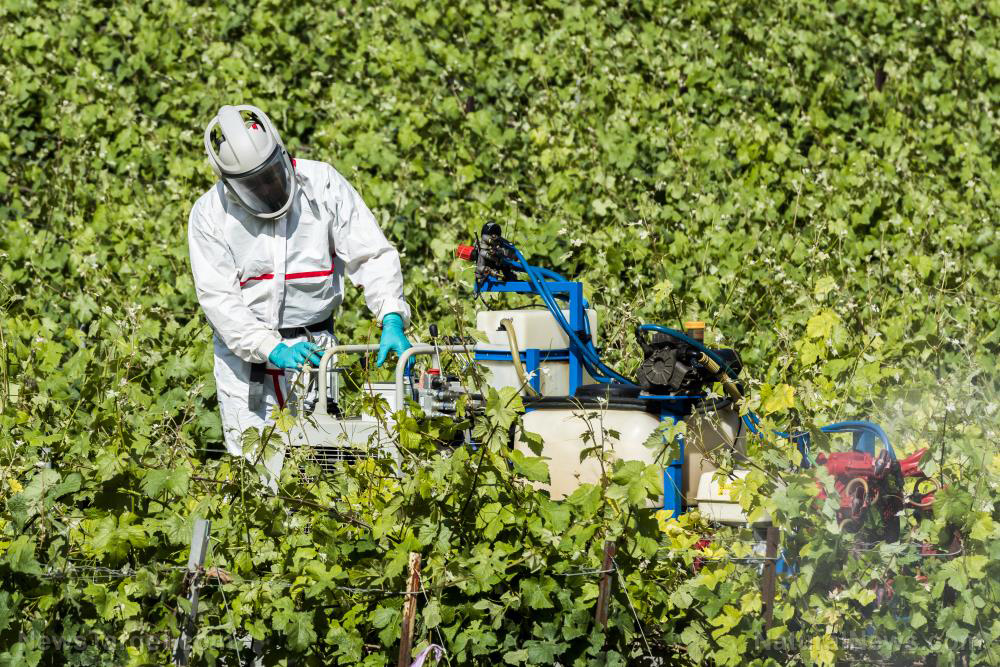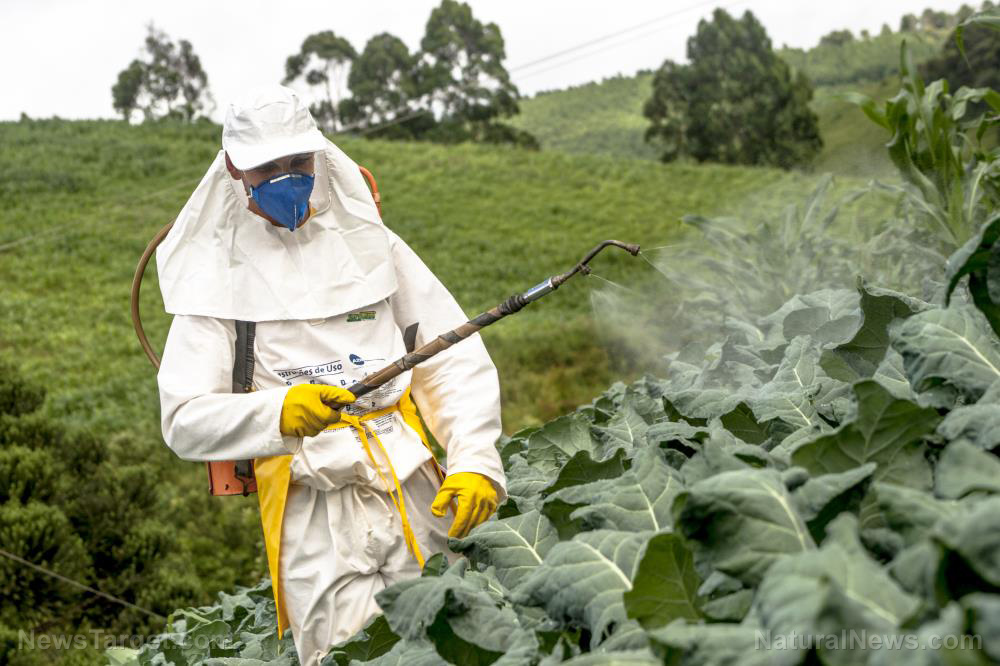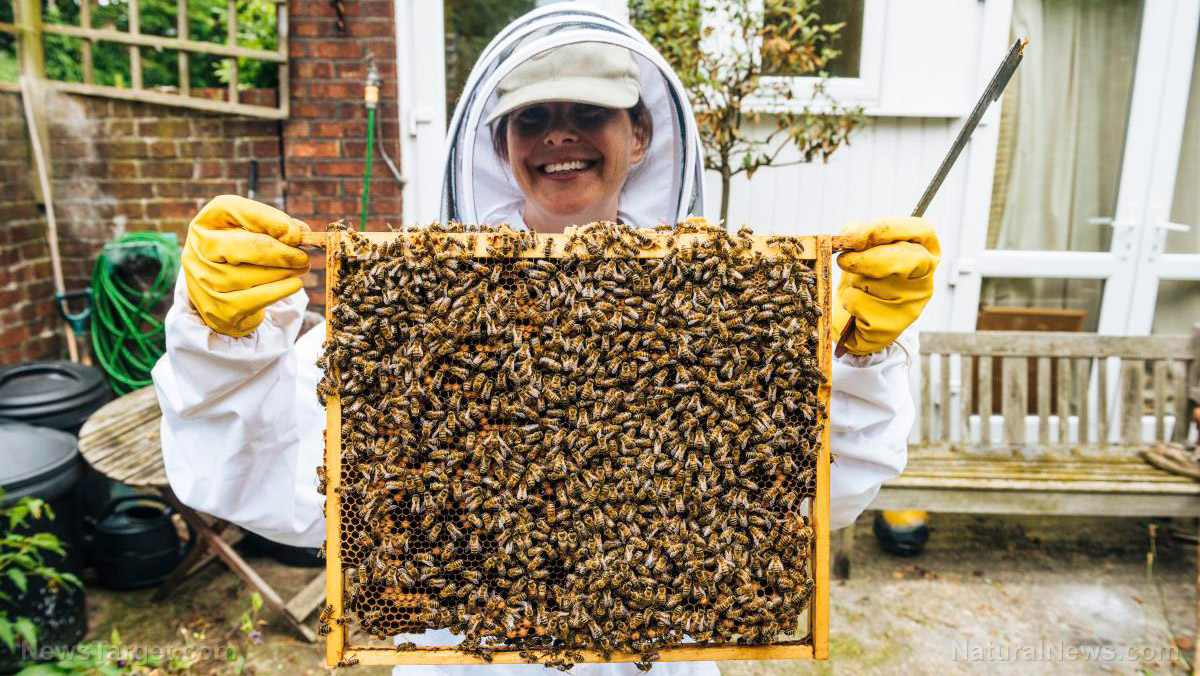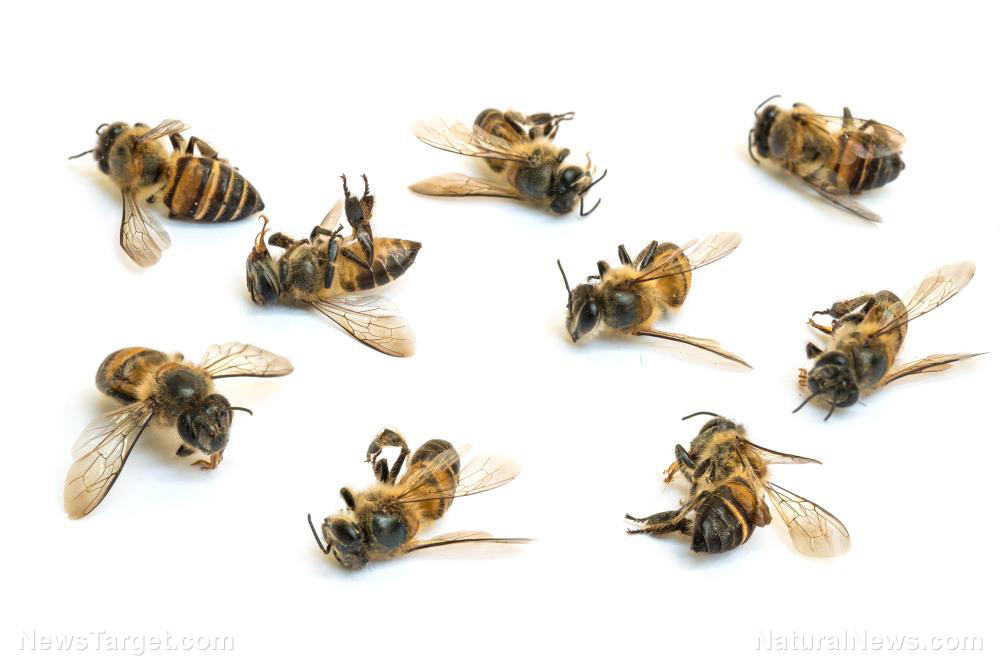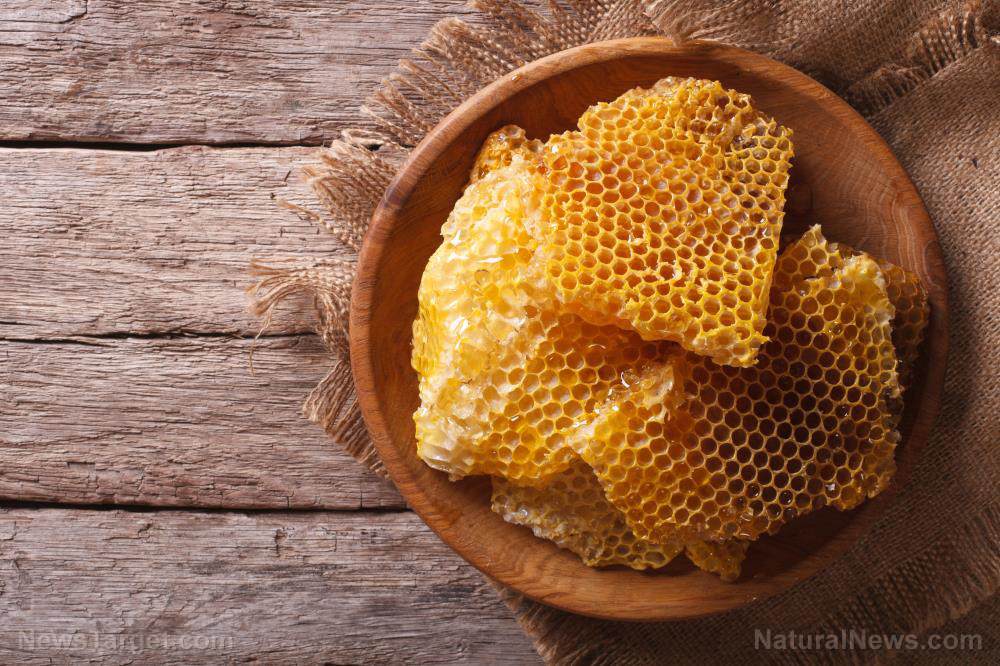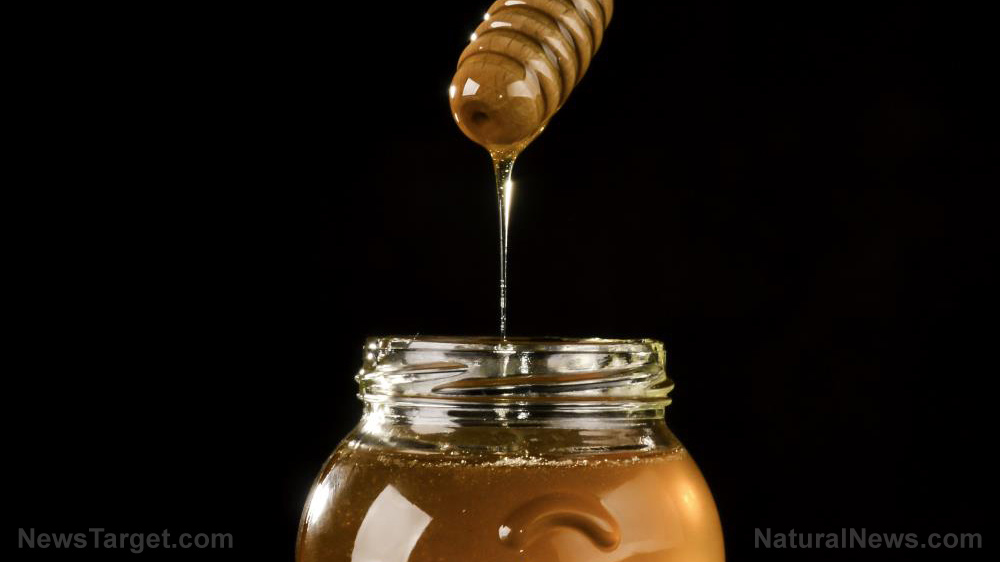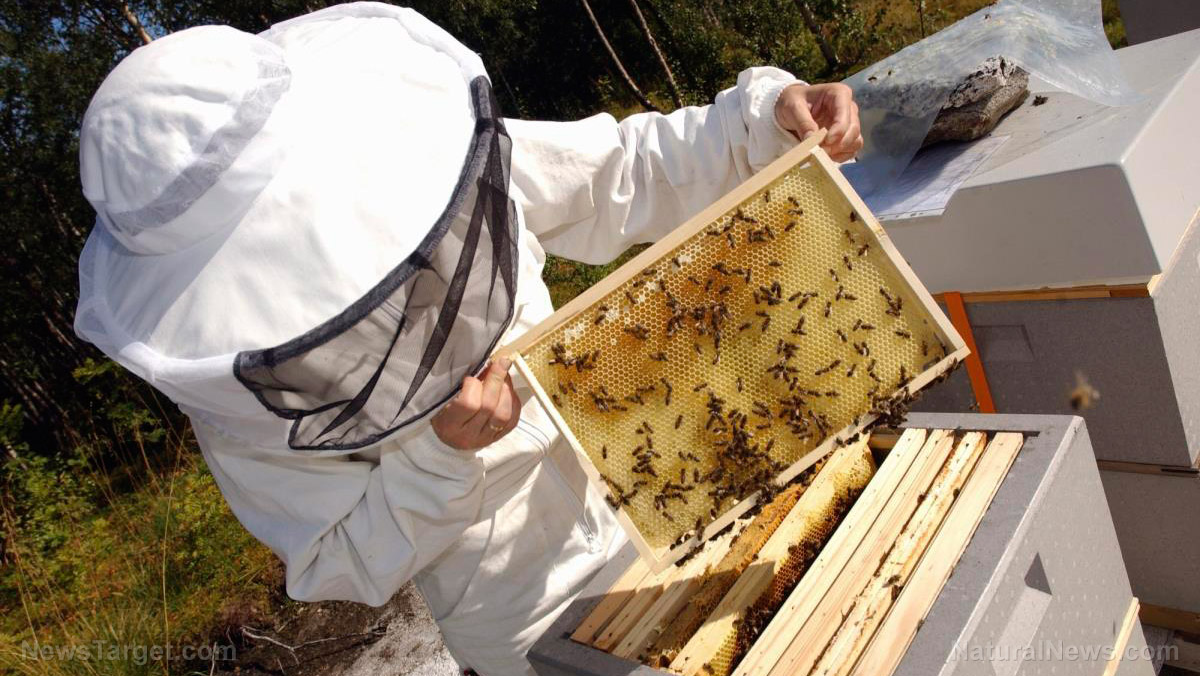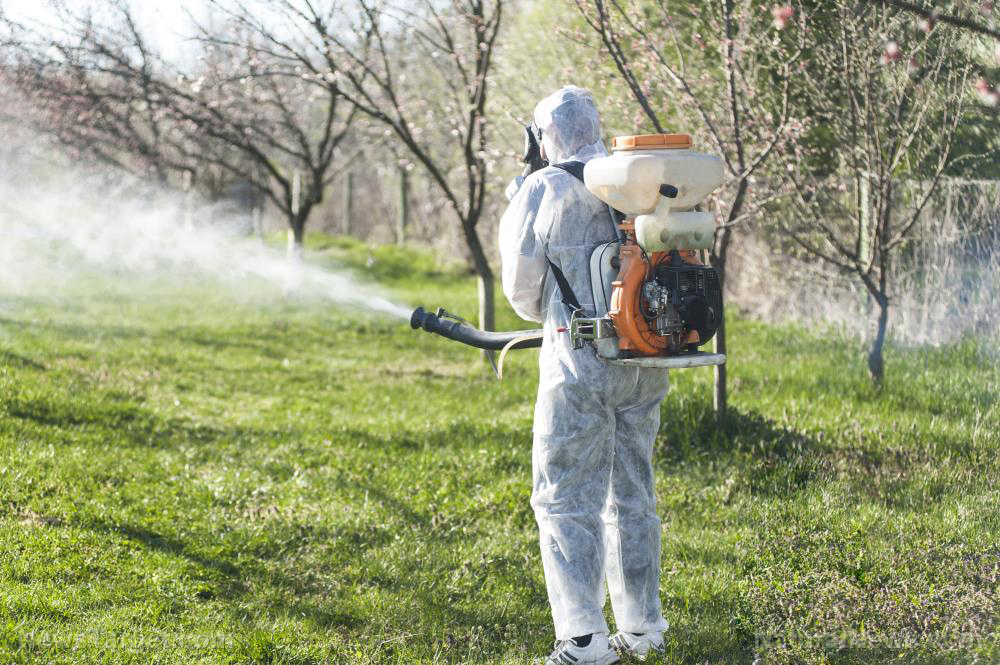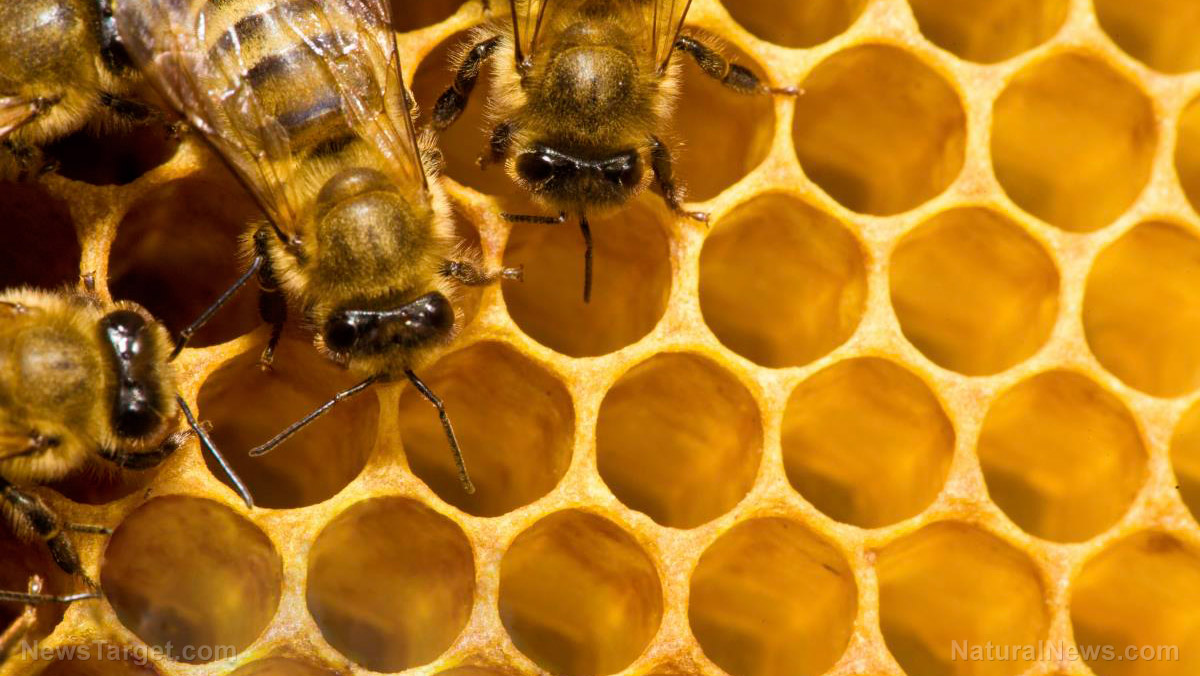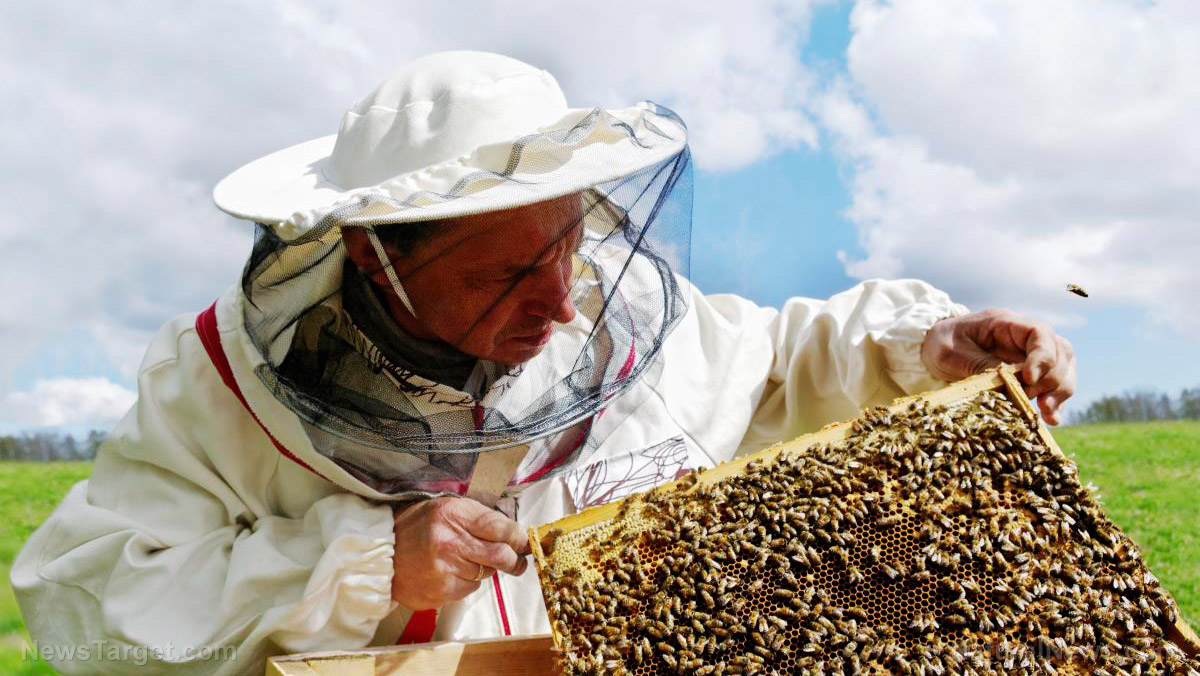Bee massacre: Pesticide use decimates Brazilian bee population
08/26/2020 / By Divina Ramirez
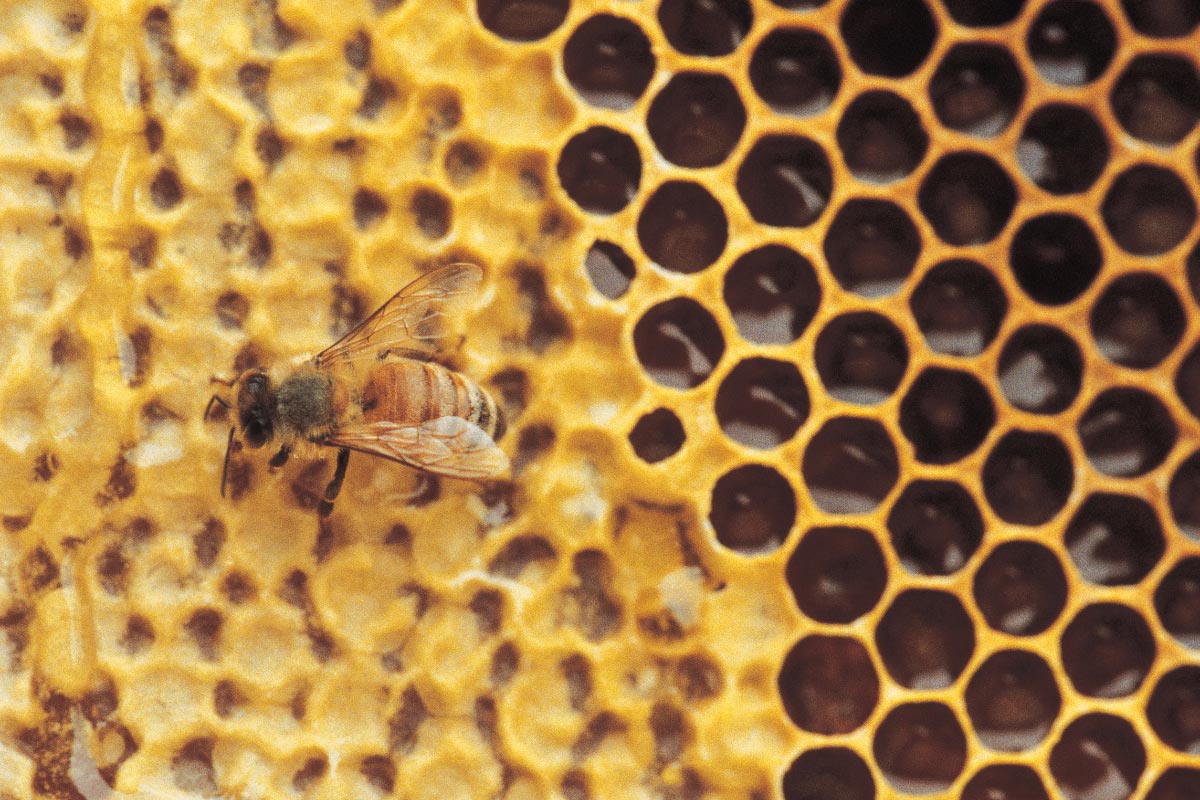
More than 500 million bees in Brazil died in just three months. Scientists are linking these mass deaths to an increased use of pesticides.
Beekeepers reported mass die-offs of bees in four Brazilian states from October 2018 to March 2019. The state of Rio Grande do Sul, in particular, recorded the highest losses.
But Brazilian bees aren’t just abandoning their colonies as is the case in the U.S. and Europe. The pollinators are dropping dead en masse on the spot, said scientists. Close inspection indicated that the bees demonstrated signs of sickness from pesticide contamination.
Threats in the air
Most of the dead bees had traces of Fipronil, an insecticide that the European Union (EU) and the U.S. Environmental Protection Agency (EPA) had long since classified as a human carcinogen.
Recent reports from the Food and Agriculture Organization of the United Nations (UN) state that Brazil’s pesticide use increased 770 percent from 1990 to 2016. Brazil also ranks 44th around the globe in its use of pesticides per hectare.
The death of these bees are a sign that our food supplies are being poisoned, said Carlos Bastos, president of the Apiculturist Association of Brazil’s Federal District.
Other experts, like Marina Lacorte, a coordinator at the environmental organization Greenpeace in Brazil, said that there isn’t another explanation for the heightened use of pesticides other than politics.
Since President Jair Bolsonaro took office in 2019, Brazil’s Ministry of Agriculture had greenlighted sales of a record 290 pesticides. Critics also add that a bill sitting in Congress is projected to further decrease pesticide standards.
Furthermore, experts suspect that the president is relaxing pesticide regulations to spark an economic boom in agriculture, one of Brazil’s major industries.
Greenpeace also pointed out that 40 percent of all the pesticides being used in Brazil are considered toxic. In fact, 32 percent of them are banned in the EU.
Gauging the implications
In its most recent report, the Brazilian Health Regulatory Agency (Anvisa) found that 20 percent of food samples tested contained either unauthorized pesticides or pesticide residues above state-mandated levels.
This alarming finding raises concerns regarding health risks and consequences related to pesticide use in agriculture. Numerous studies on pesticide use indicate that the chemicals in pesticides can heighten the risk of cancer and induce mental disorders in children.
In fact, there had been earlier reports of farmers feeling nauseated or collapsing in the fields. First responders in these cases also reported feeling ill upon handling the patients. But despite reports like these, Brazil’s Congress plans to accelerate plans to rebrand pesticides as “agricultural defenses.”
But experts at Brazil’s National Cancer Insitute argued that the measure might further harm the population if it greenlights carcinogenic pesticides for general use. (Related: Popular pesticides found to damage ability of honey bee pollinators to FLY.)
Crucial state assets
Bees enact important roles in agriculture and their deaths could spell food shortage and the decline of certain plant populations in the future.
In fact, bee populations are so crucial that their presence could translate to billion-dollar increases in agriculture and food production.
For instance, according to Vera Imperatriz-Fonseca, a biologist at the University of Sao Paulo’s (USP) Institute of Biosciences, bees are responsible for the $1.9 billion increase in Brazil’s coffee production.
Bees are also responsible for a $992 million increase in tomato production, an $827 million increase in cotton production, a $533 million increase in cocoa production and a $522 million increase in orange production, added Imperatriz-Fonseca.
Therefore, the recent mass deaths of bees in Brazil underscore the crucial role of bees in sustaining agriculture. The incident also further emphasizes that pesticides poison not just farmlands and animals but humans, too.
In addition, it sheds light on the immediate consequences and far-reaching impact of deregulating pesticide use.
Taken together, these issues underscore the need for state agencies to enact stricter regulations or enforce bans on harmful pesticides in order to protect food supplies and bee populations around the globe.
Sources include:
Tagged Under: bee depopulation, bees, cancer, children's health, environment, EPA, farming, food safety, government, herbicides, Mental Disorders, pollinators, toxic chemicals, toxic ingredients
RECENT NEWS & ARTICLES
COPYRIGHT © 2017 BEES NEWS


